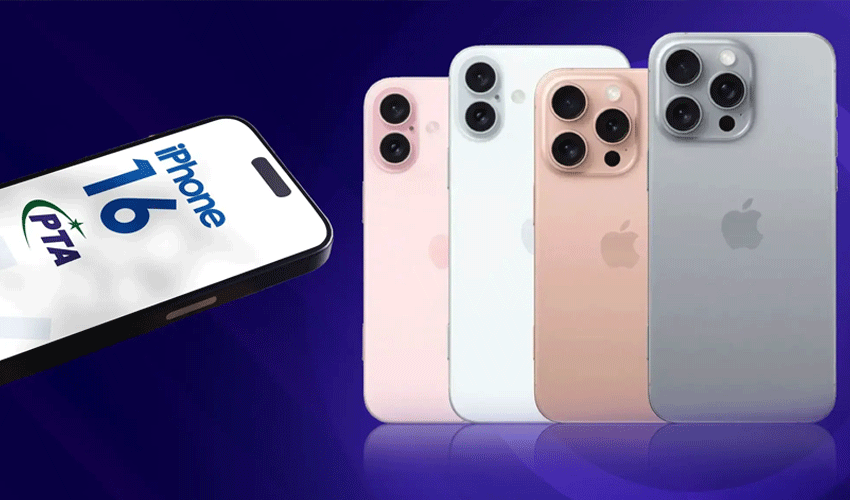On Friday, China's Huawei Technologies announced that it has made advancements in areas ranging from artificial intelligence to operating systems and accomplished what the US and Europe had taken thirty years to do in ten years, according to Reuters.
At the start of a three-day developer conference in the southern Chinese city of Dongguan, Richard Yu, the chairman of Huawei's Consumer Business Group, announced that the company's Harmony operating system was now available on more than 900 million devices.
"Harmony has made breakthroughs. You can say in 10 years we've achieved what it took our European and American counterparts more than 30 years to do, in terms of building the core technology of an independent operating system," Yu said.
Huawei introduced HarmonyOS, a proprietary operating system, in 2019 after being cut off from Google support for the Android operating system it uses in smartphones due to U.S. technology limitations.
The company's Ascend artificial intelligence infrastructure, the most potent produced by a Chinese company, is currently ranked second in popularity, behind Nvidia, which controls the majority of the AI chip market, according to Yu.
Europe and the US have long held a monopoly on operating systems and other software, but Huawei has the potential to overtake them in the Internet of Things age, he said.
Huawei's smartphone industry has seen a rebirth since the Mate 60, which launched last year and included an upgraded chip built in China, was introduced. Sales of smartphones with Harmony have increased 68% in the first five months of the year, according to Yu.
According to research firm Counterpoint, Huawei's HarmonyOS overtook Apple's iOS in the first quarter of 2024 to take the second spot behind Android as the most popular mobile operating system in China, with a 17% market share.



























